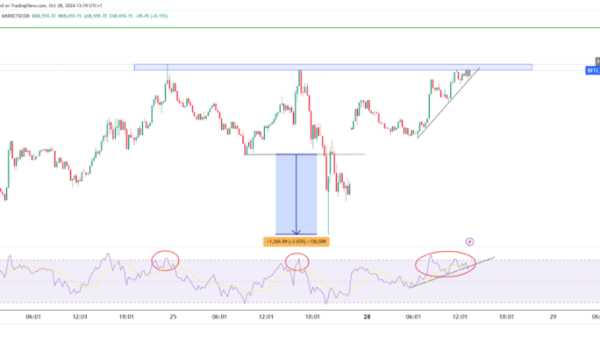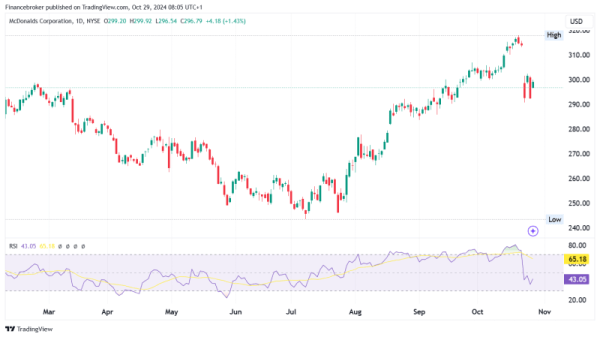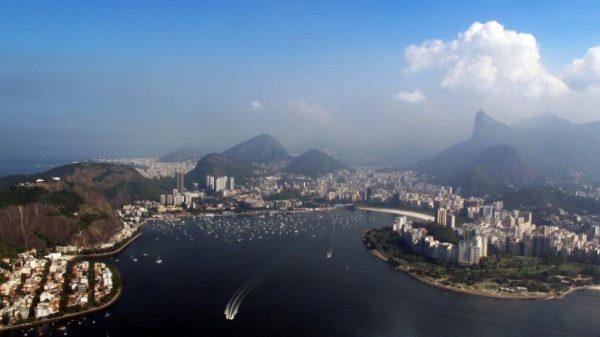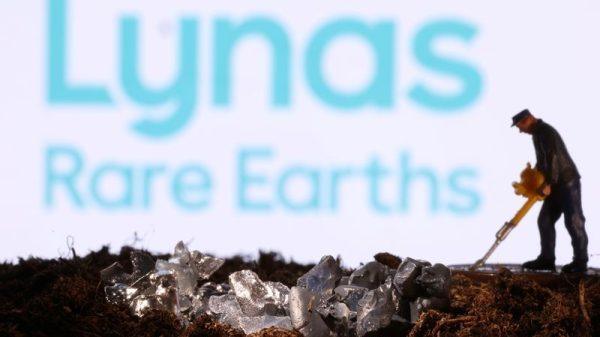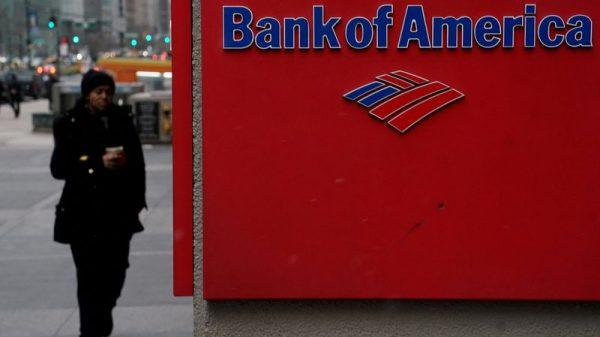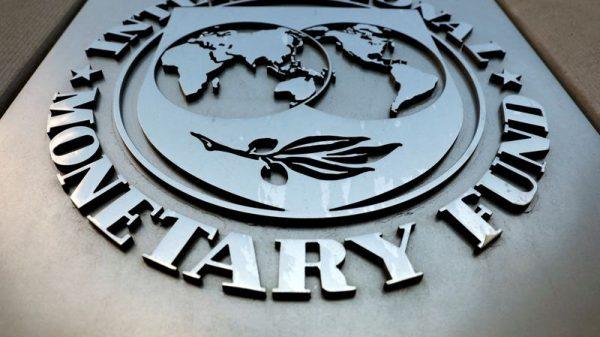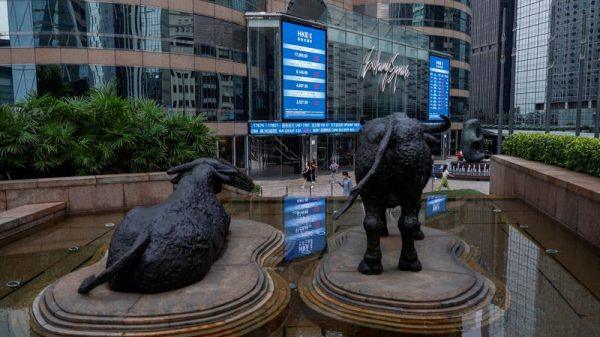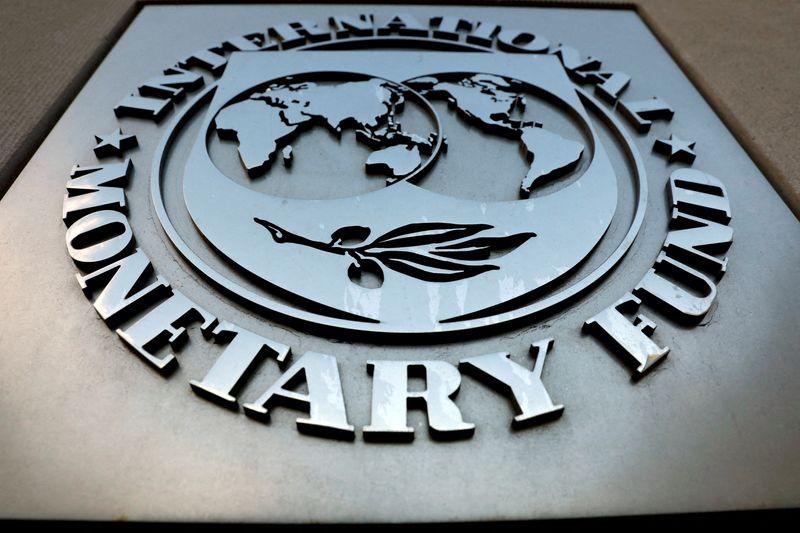PARAMARIBO, Suriname (Reuters) – The government of Suriname said on Tuesday it would wait until after next year’s May general election to decide whether to apply for another program with the International Monetary Fund, as it weighs how to best apply its new oil revenues.
The small South American nation is hoping that an upcoming $10.5 billion oil and gas project operated by France’s TotalEnergies (EPA:TTEF) and U.S. APA Corp will help boost an economy still recovering from a heavy debt burden.
Finance Minister Stanley Raghoebarsing urged caution, saying the government would not apply for another IMF program immediately after the current $688 million program expires in March. Suriname last week did, however, join a World Bank agreement unlocking $22 million to improve living conditions.
In a separate statement, Raghoebarsing also ruled out taking out new loans using future oil revenues as collateral.
“In no way do we want to sell the oil we have yet to produce and use it as collateral for easy money, which would burden the next generation,” he said. He also ruled out debt-for-nature swaps to repay existing debt early.
The TotalEnergies-APA project is expected to begin output in 2028. State oil company Staatsolie has predicted the project could generate as much as $26 billion, benefiting Suriname’s economy and population of 650,000 through government royalties.
The government is also studying an amendment to a law on oil revenues that seeks to balance their use between current and future generations.

